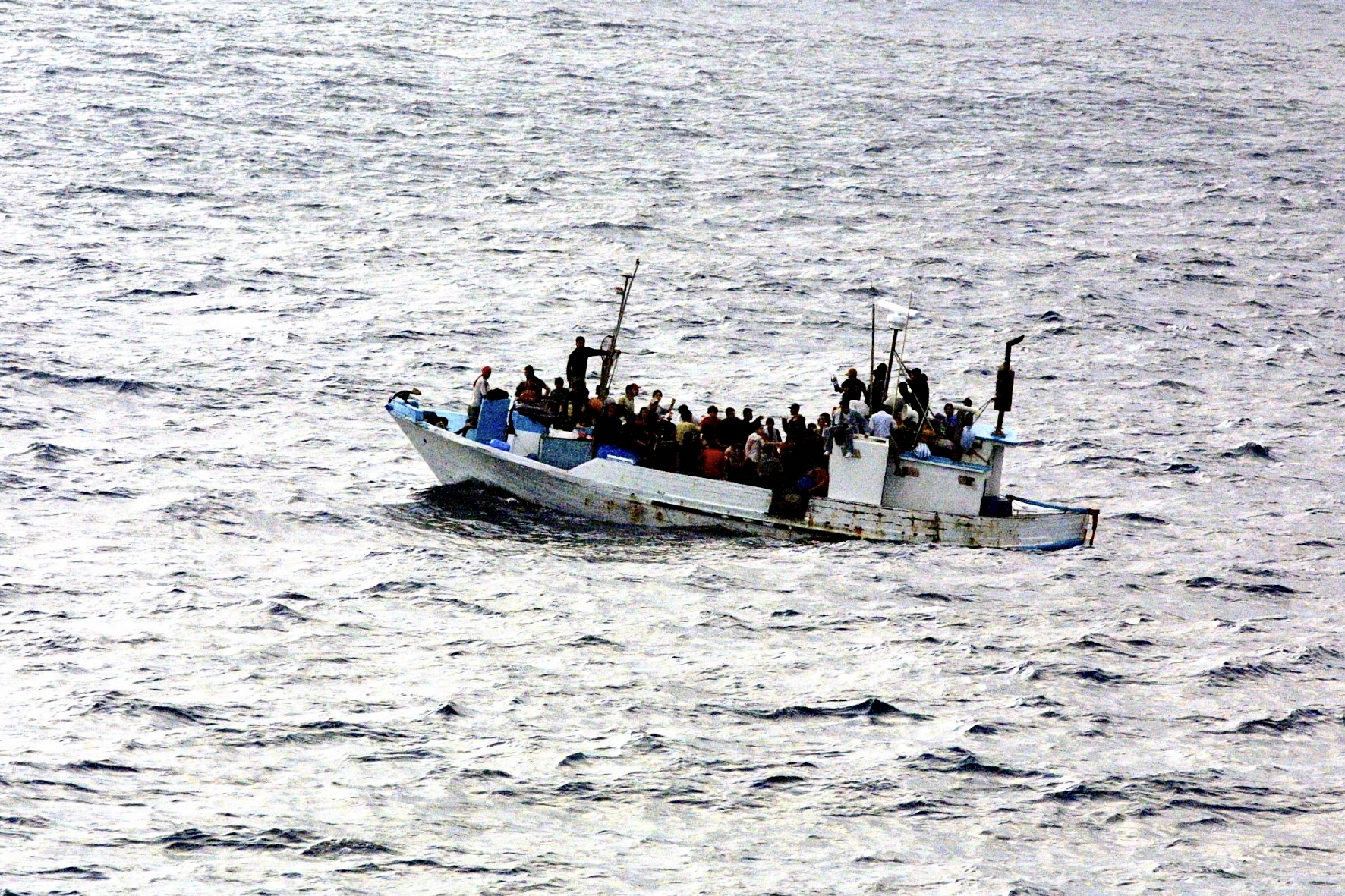To be a child in Nigeria is both beautiful and satisfying to a large extent…

Migration flows and reception in Italy: building a unified response in the European Union
In recent years, Italy has faced one of the most complex and pressing challenges: migration flows and the reception of migrants from different regions of the world. These flows, often triggered by conflicts, poverty, and political instability, have led many individuals and families to seek refuge or a better quality of life in Europe, with Italy being one of the main entry points.
However, the journey to Italy is often marked by dangers and humanitarian tragedies. Migrants are forced to endure extreme conditions and risk their lives during the crossing of the Mediterranean Sea aboard fragile boats, as often reported in the news. Moreover, the Balkan route is an equally perilous alternative for many migrants seeking to improve their living conditions in the old continent, trying to reach it by any means of transportation, often overcrowded with human lives, especially those of minors.
In the past, during the peak of the migration crisis in 2015, the Balkan route witnessed a significant flow of people (764,033* irregular migrants) who illegally entered through Greece as the main point of entry and traveled through North Macedonia, Serbia, and other Balkan countries. In the following years, the EU implemented measures to reduce the migration flow on this route, such as border controls and collaborations with the region’s countries, resulting in only 5,869* irregular arrivals in 2018. However, in 2022, there was a sharp increase (approximately 145,600*) in irregular arrivals, and even today, this access route to Europe continues to demand attention and cooperation among member states. Notably, immigrants who have experienced this journey, many of whom we hear speaking on the streets of Milan, describe it as filled with dangers, pain, and above all, risks of abuse, exploitation, and even human trafficking.
These flows should move public opinion and trigger an urgent humanitarian appeal to protect the lives and dignity of these individuals.
The issue of reception opens complex political debates in Italy, such as restrictive immigration policies versus greater openness and inclusion. In this context, it becomes essential to transcend ideological flags and remember the relationship that Italy should have with the European Union to address this crisis together.
Article 5 of the Charter of Fundamental Rights of the European Union includes the principle of subsidiarity among its general principles, but what does this principle mean?
In summary, the principle of subsidiarity implies the decentralization of decisions and aims to maximize efficiency, applying when objectives cannot be adequately achieved by individual member states or when issues have an impact beyond national borders.
The principle of subsidiarity also implies respect for the autonomy and responsibility of different levels of government or institutions, aiming to avoid excessive centralization or decentralization.
This principle is so important that it is ratified in other documents such as the “Treaty on European Union (TEU)” in Article 5 and in the “Treaty on the Functioning of the European Union (TFEU)” in Article 4.
But it’s not just about politics. There is also a moral duty to strengthen the concept of European solidarity and make it a fundamental motivation in addressing migration flows.
A unified approach within the EU is undoubtedly desirable, as every action would be more effective in tackling this challenge. Italy, like other countries that are geographically exposed to migration inflows, has a duty to be a strong and determined promoter of a solidarity policy that involves burden-sharing among member countries, avoiding overburdening the first countries of arrival and ensuring a fair distribution of migrants throughout European territory.
Additionally, financial and economic support is another tool to be demanded from the EU to address the needs of dignified reception and integration of migrants while providing quality care to those who are already victims. Specific funding programs could contribute to strengthening reception infrastructure, improving social services, and promoting the socioeconomic inclusion of migrants.
It is sad to think that creating a common migration policy is an ambitious and improbable goal mainly due to economic reasons, but it is crucial not to give up and understand that it is a fundamental duty for any community that wants to consider itself respectful of human rights and based on humanitarian principles. Moreover, supporting this effort would enable a more orderly and structured management of migration flows and reduce the vulnerability of migrants to risks and abuses.
On the other front, no less important and no less complicated, is the dialogue with the countries of origin and transit of migrants. The entire European Union (not just Italy, Spain, and Greece) should engage in constructive dialogue to address the root causes of irregular immigration and promote sustainable development. Investing in development and cooperation projects could reduce migration pressures towards Europe and provide opportunities in the countries of origin.
Finally, the reform of the European asylum system. This reform should aim to make asylum management more efficient, ensuring a quick evaluation of asylum requests and a fair distribution of applicants among the various member states.
Italy can no longer be left alone, and as the principle of subsidiarity states, it is together with the European Union that the challenges of migration flows and reception must be jointly addressed. A relationship based on cooperation, solidarity, and shared responsibility is essential to ensure a humanitarian and effective response to this crisis. Only through collective effort and a common strategy can Italy and the EU work to create a more stable, inclusive, and sustainable environment for migrants, thus respecting the European values and ideals on which it was founded.
*Source: Frontex




